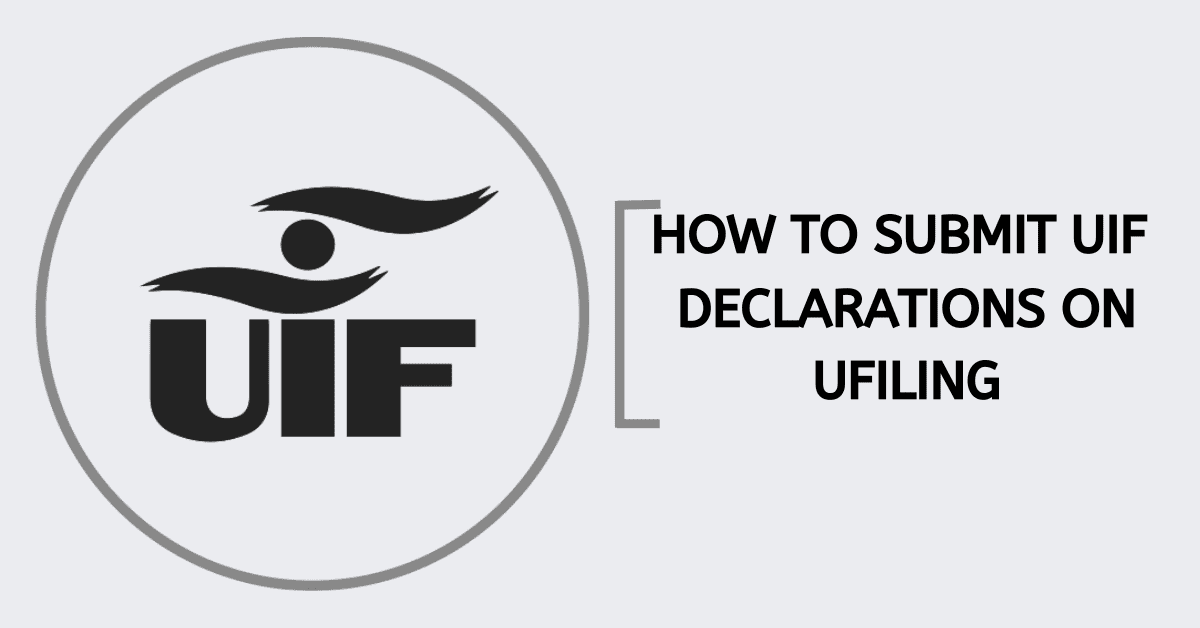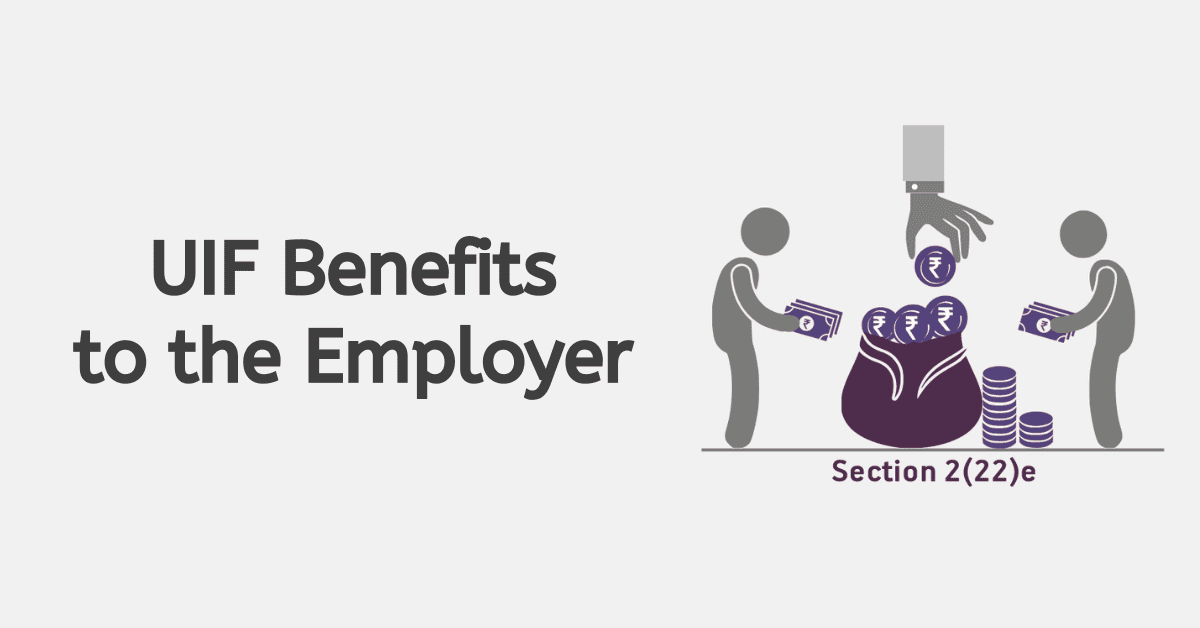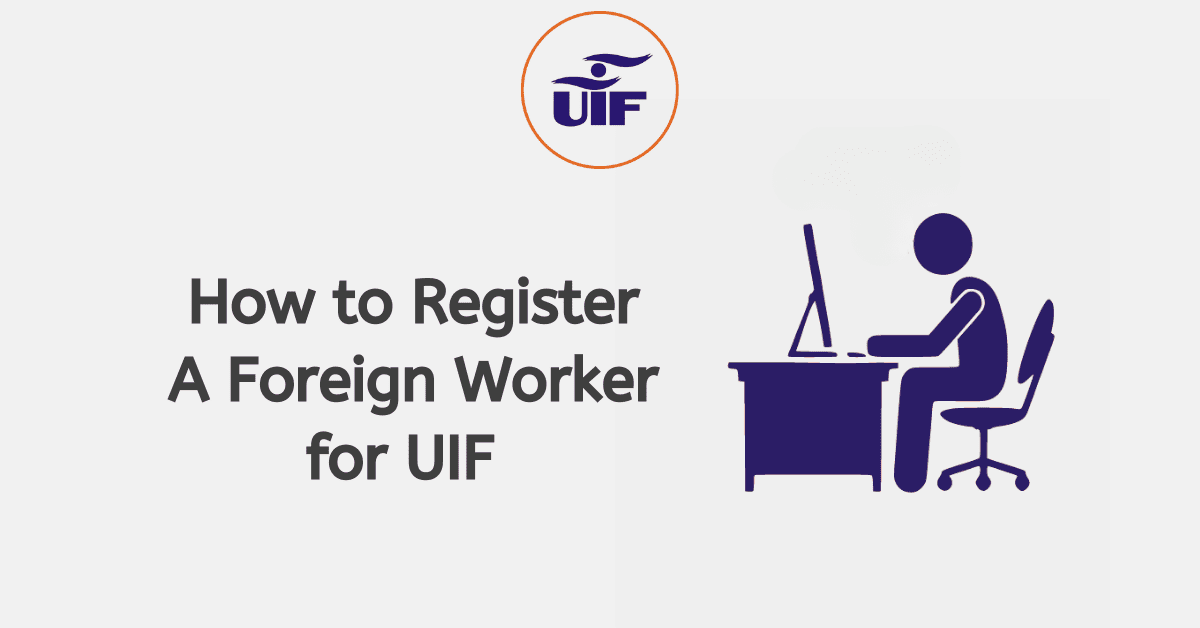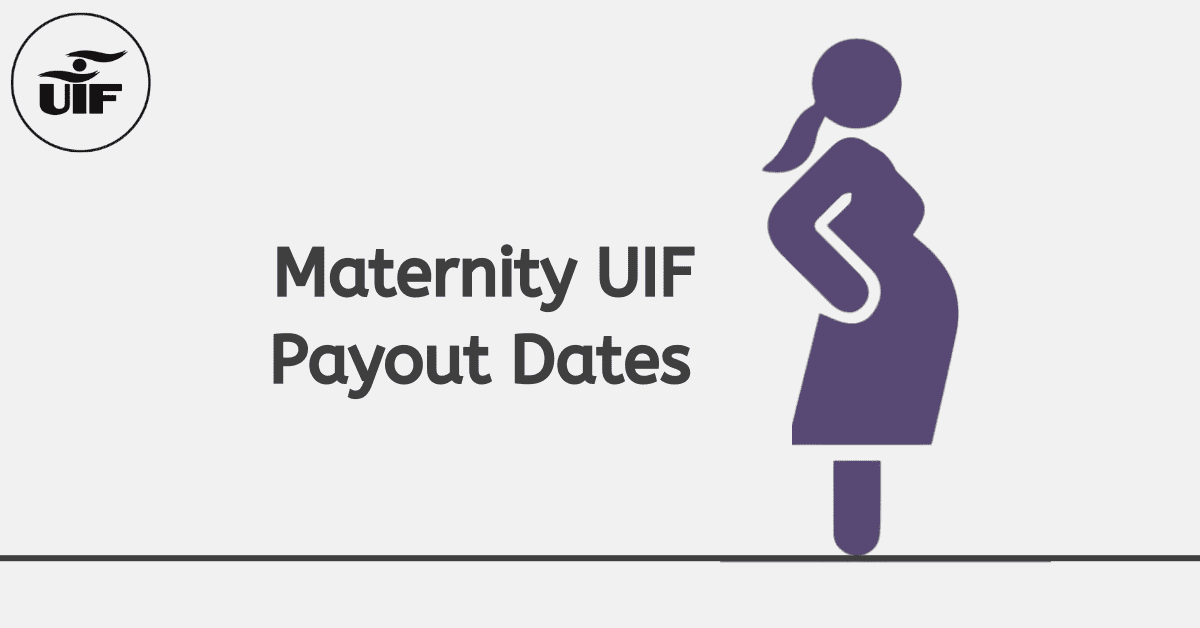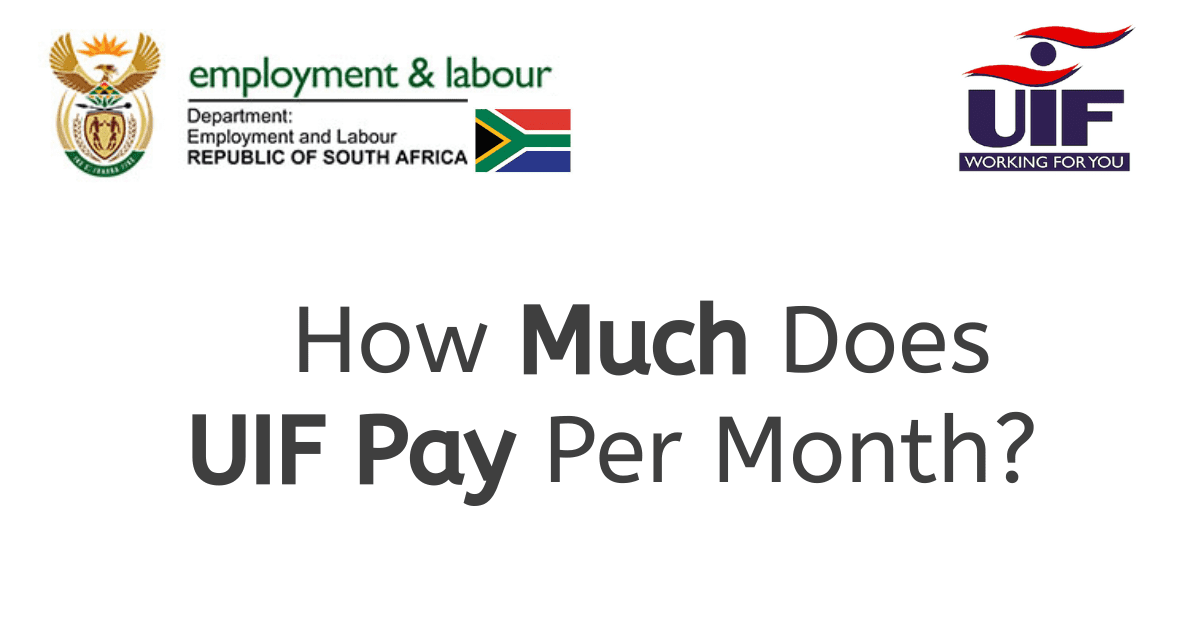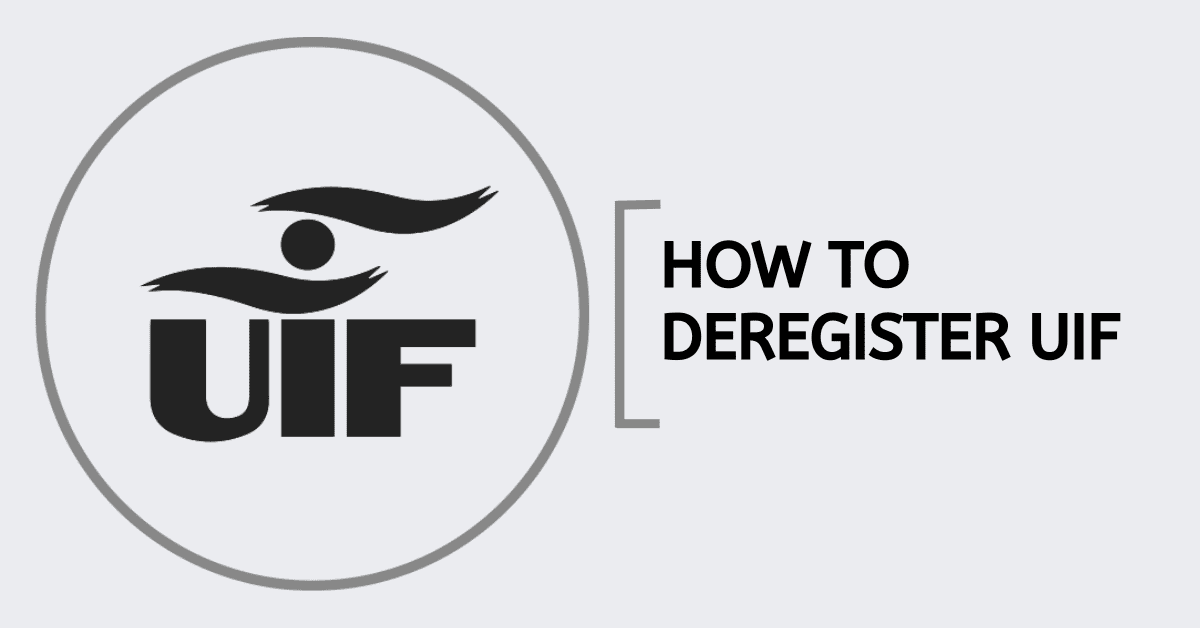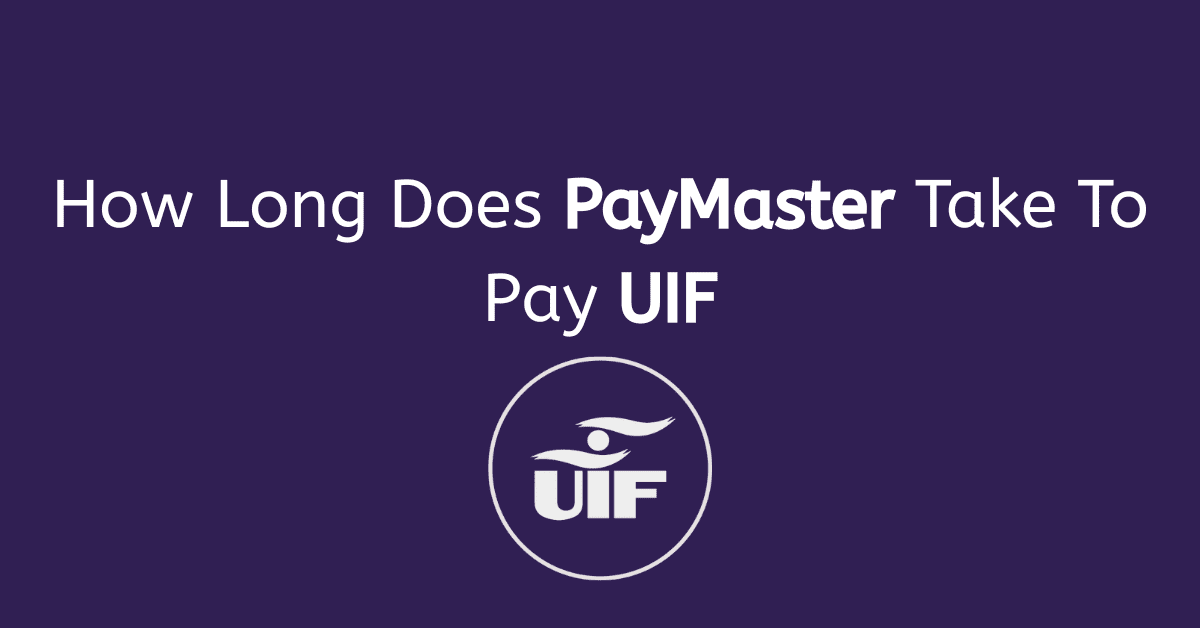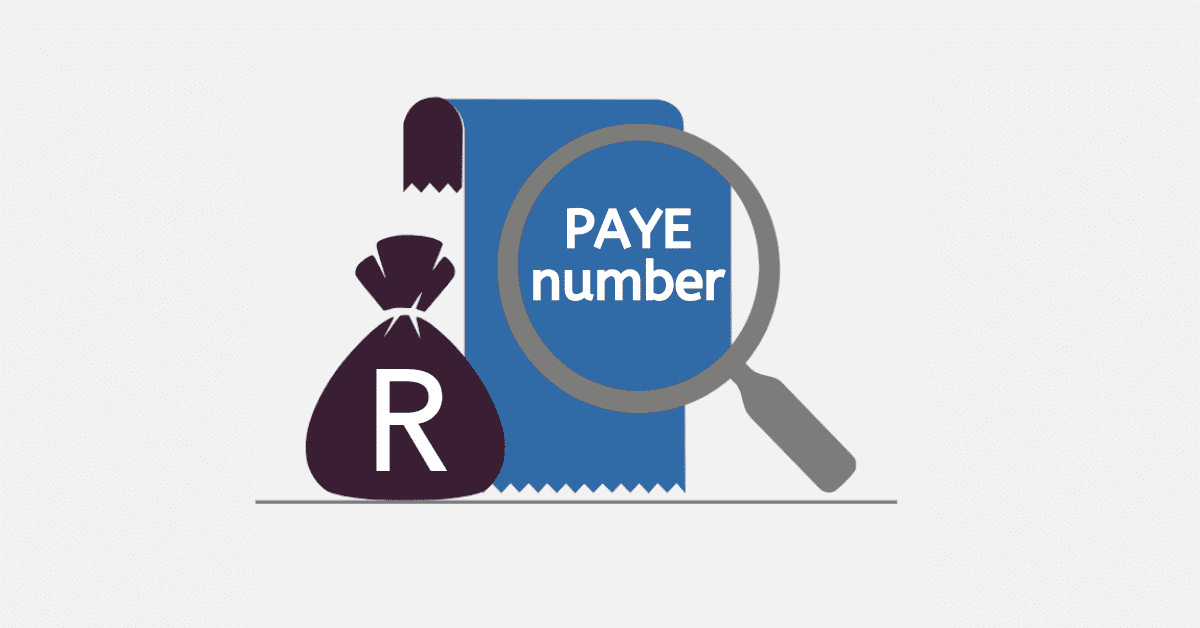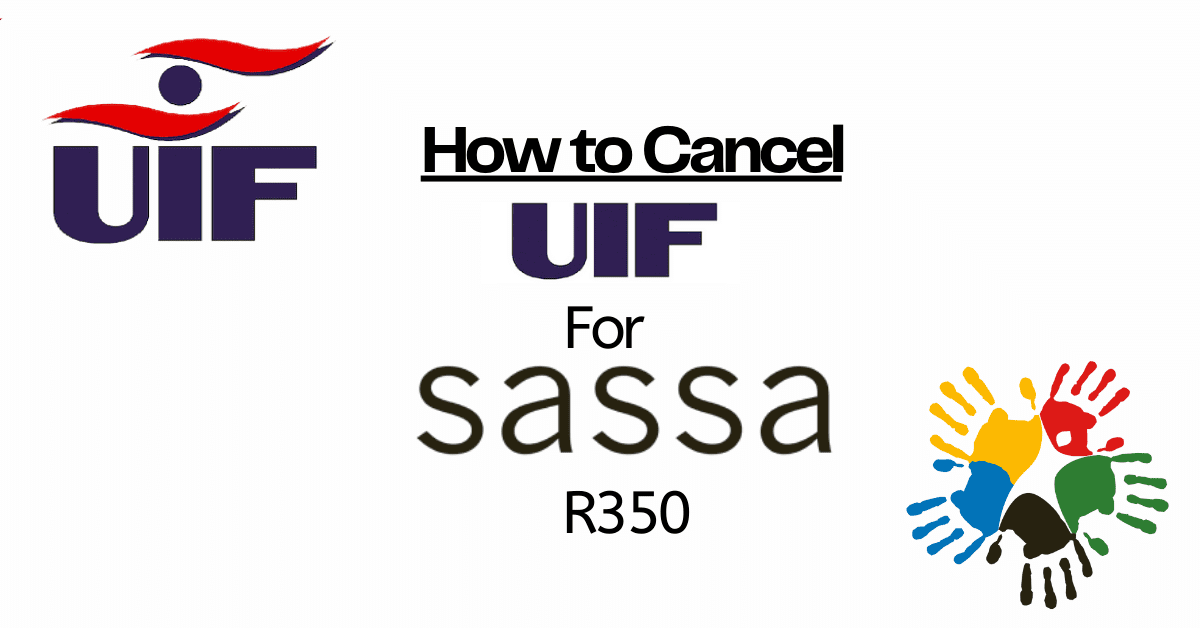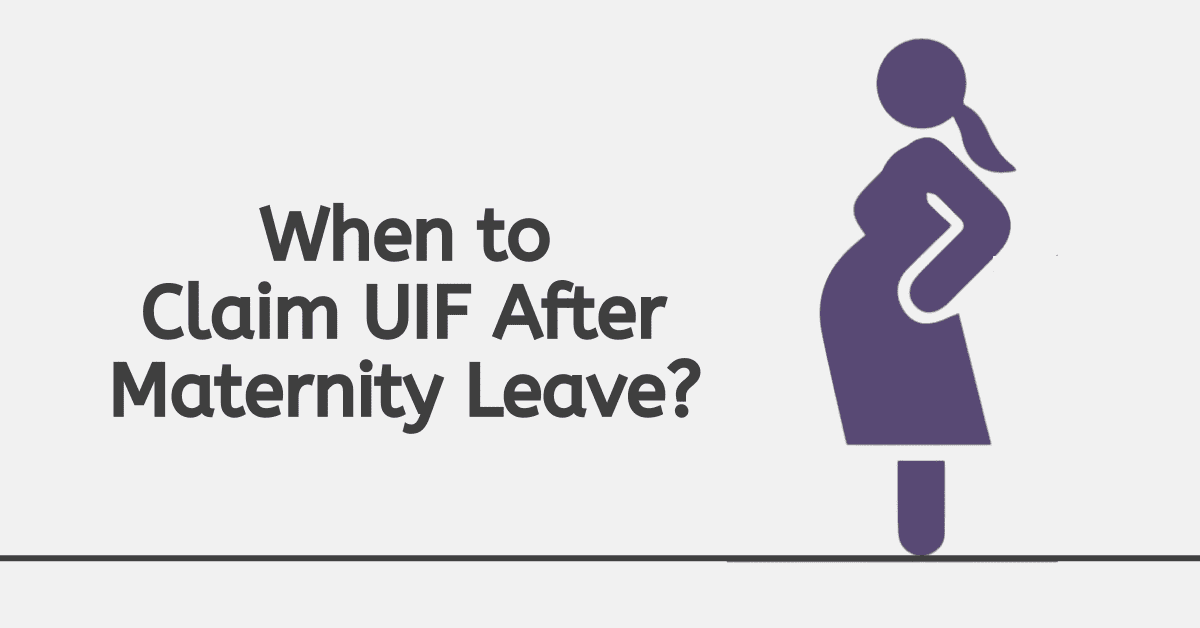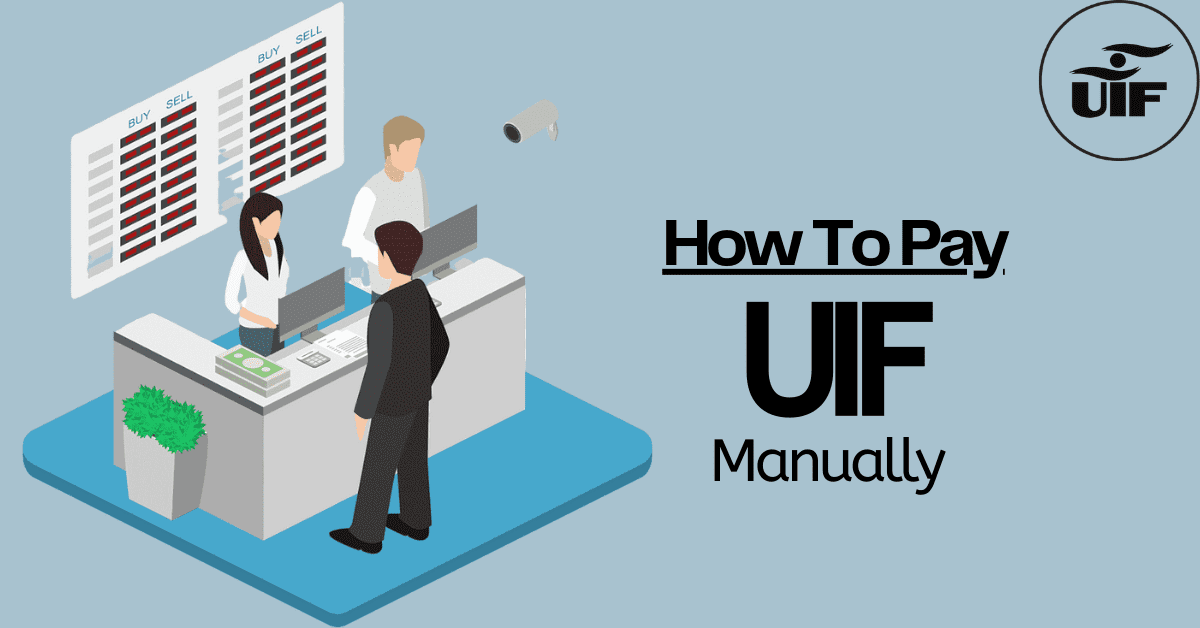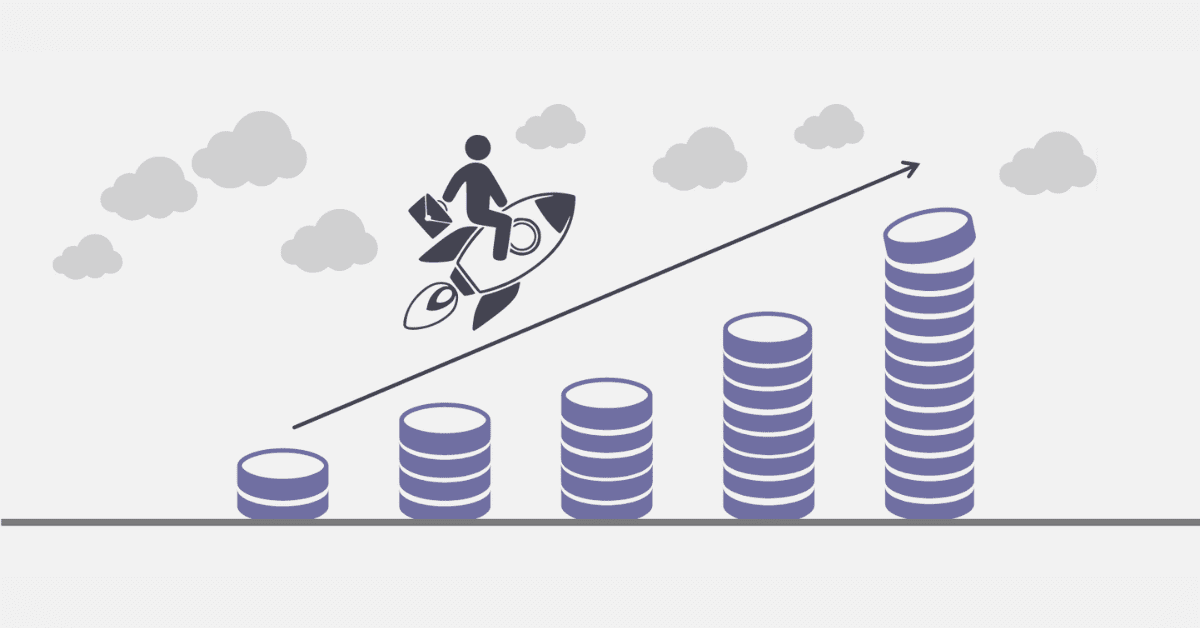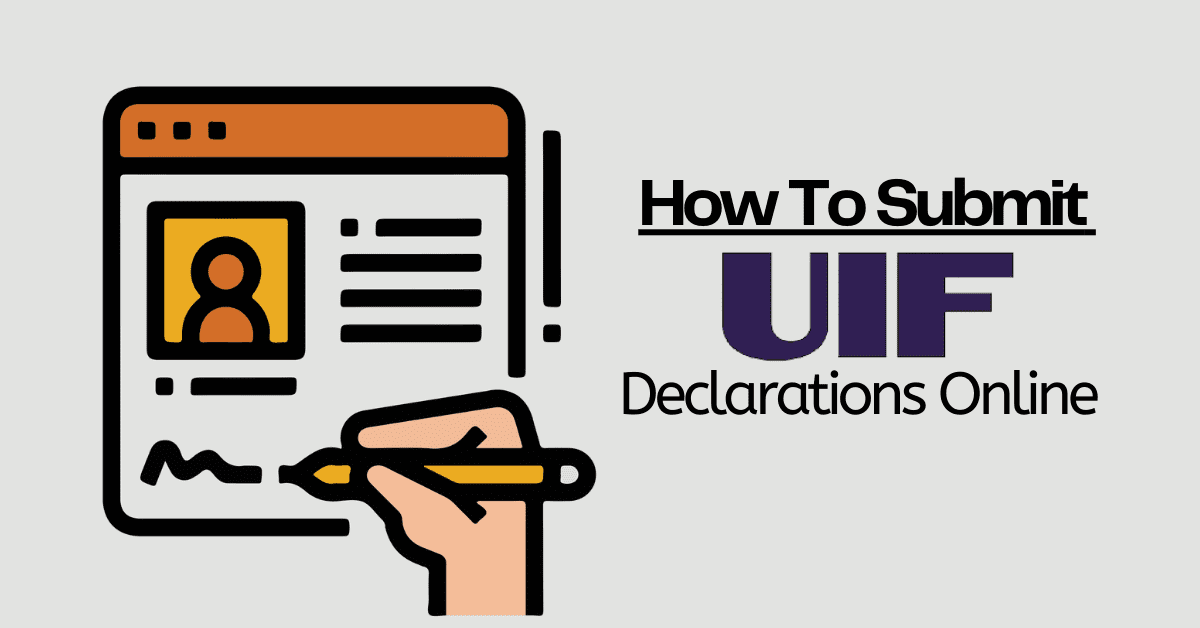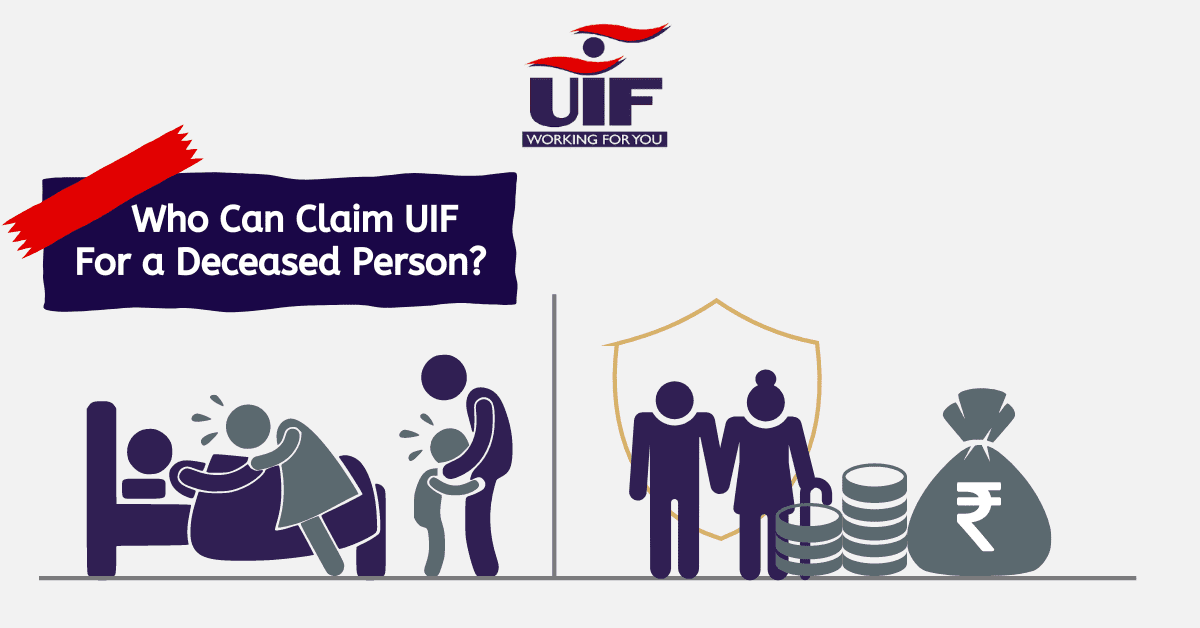The Unemployment Insurance Fund (UIF) is a South African social security system that helps workers who lose their jobs, have their hours cut, or can’t work because they are on maternity or adoption leave. Employers must sign up with the UIF and make monthly payments based on the salaries of their workers. If a company doesn’t pay into the UIF, it could face legal action and fines, among other things. Employees whose companies don’t follow the rules may also have trouble getting UIF benefits if they lose their jobs or have other qualifying events. The UIF is a very important part of South Africa’s social welfare system because it helps workers stay financially stable and improves social welfare.
In this article, we will look at the broader context of what happens if an employer does not pay UIF and how one can go about it.
What to do if my company refuses to pay UIF
The UIF is a key part of South Africa’s social security system and gives workers a safety net when needed.
Your employer needs to register with the UIF and make monthly payments based on your salary. If your employer doesn’t pay into the UIF, they could face legal action and fines.
If your employer refuses to pay contributions to the Unemployment Insurance Fund (UIF) in South Africa, your first step should be to attempt to settle the matter through internal channels, such as having a conversation with your employer or the HR department. If this does not resolve the issue, you can report the non-compliance to the Department of Employment and Labour, which will conduct an investigation and take the necessary steps.
How do I report a company not paying UIF?
Reporting your employer or the company you work for as non-compliant is considered a competent action. Some employers may try to evade the contribution of UIF
You can report your company or employer for not paying UIF, and this has its legal backing.
You can make a complaint about a company that is not paying UIF by calling the UIF call line or going in person to a Department of Labour office with the documentation that is required to make a complaint. The Department of Labor will look into the situation and take the necessary steps to ensure compliance after completing the investigation.
What are the penalties for not paying UIF?
Failure to pay UIF can result in fines, interest, and possibly jail. Depending on the offence and duration, penalties may vary.
The employer pays 1% of a worker’s monthly wage, and 1% is withheld for UIF.
Employers must pay UIF for domestic workers.
The employer is personally liable for the UIF’s obligation if they don’t pay. For non-payment to the employer, UIF will be fined a 10% penalty on all outstanding back contributions if an employer doesn’t pay UIF.
Where can I report a company for not paying wages?
The Department of Employment and Labour in South Africa is the best place to go if you suspect a company of not paying its employees the wages they are owed. Complaints can be submitted to them by a toll-free number, via email, or at one of their physical locations. It is key that you back up your claim with as much information as you can get your hands on.
